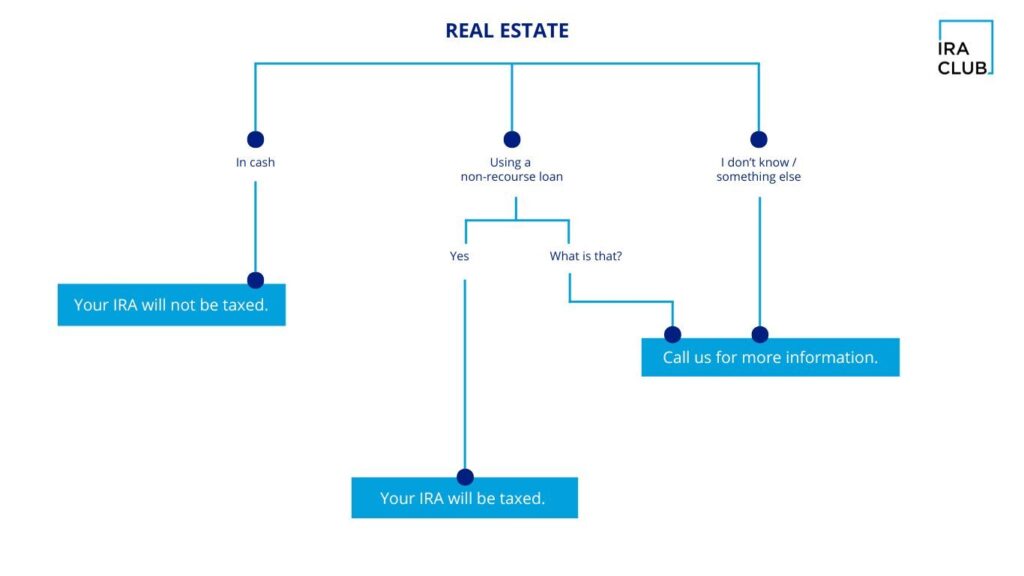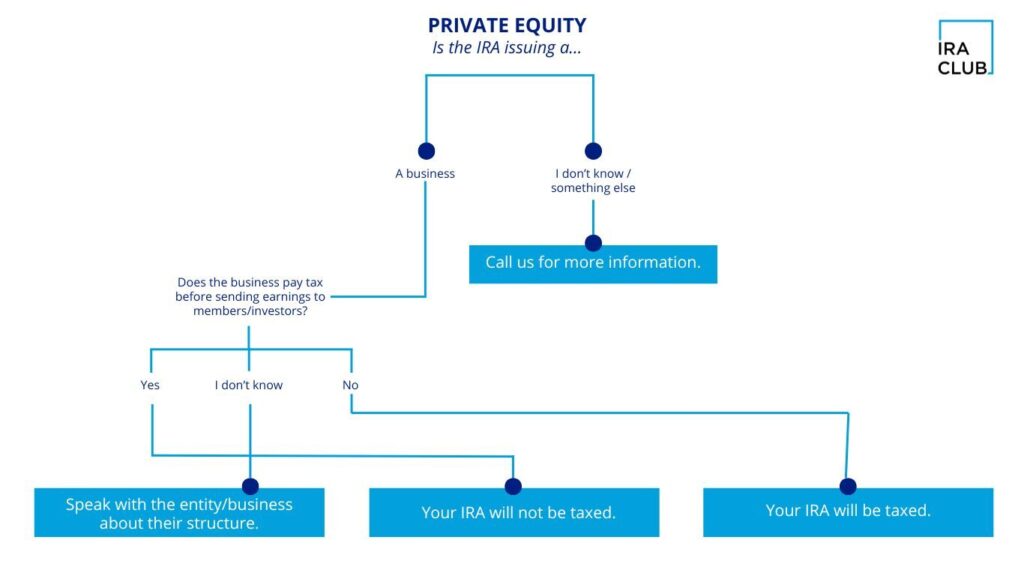Introduction to PPR Capital Management
July 8th, 2025 1:00 PM CT
For over 16 years, PPR has operated as a private equity real estate firm with a focus on distressed debt, institutional mortgages, and commercial real estate. In this webinar, find out who PPR Capital Management is, what they do, and how they can best serve you as a client.

Patrick McClatchy
Ramez Fakhoury
Please find their Q1 2025 quarterly report. This gives insight on the fund’s current standings, new purchases and sales as well as explanations and breakdowns behind all pillars of investments.

Founded
In 2008

Members
Administered

1 Billion
in Assets

Full-Time
Dedicated Staff

White-Glove
Service
Here’s What You’ll Learn
1
PPR’s History and Growth
2
Note Investing
3
4
Fundamentals of the Fund
About PPR Capital Management
Founded in 2007, PPR Capital Management is a private equity real estate firm that manages investment offerings which primarily invest in distressed assets and mortgages, as well as residential and commercial real estate throughout the United States.
With decades of combined experience, their team accomplishes this through direct and co-investments with trusted joint-venture partners. Utilizing their team of portfolio managers and loan surveillance professionals, they manage the assets throughout the lifecycle of each investment targeting risk-adjusted returns through ongoing cashflow from performing assets, securitization, refinancing and asset sales.
Meet The Experts



PPR CAPITAL MANAGEMENT
PATRICK MCCLATHCHY
Since joining PPR, Patrick serves as the Relationship Manager. In his role, he is responsible for educating new investors about PPR’s investment offerings and how they can utilize the funds to meet their investment goals. Patrick also has a continued partnership with existing investors in questions on current investments as well as targeting future opportunities for the investors.
Prior to joining PPR, Patrick was a financial wholesaler for Lincoln Financial Group, an insurance and investment management company. Before becoming a wholesaler, he was a residential mortgage lender in the greater Philadelphia area focusing on assisting first time homebuyers and real estate investors. Patrick obtained his Bachelor’s degree in Finance from West Chester University.

Vice President of IRA Club
RAMEZ FAKHOURY
As an entrepreneur with a rich background spanning over two decades, Ramez is deeply commited to education and inspiring individuals, empowering them to venture beyond conventional paths and diversify their investments through the power of self-direction.
IRA Club Benefits

FDIC Insured
IRA/401(k) cash is FDIC insured

Flat Fee Structure
Flat fees and straightforward pricing

Free IRA Reports
Free annual IRA tax reporting
(RMDs, 1099-R, 5498, 5500 forms)

Investor's Row
Explore alternative investment opportunities

Concierge Service
Friendly, white-glove service

Educational Resources
Up-to-date educational resources on IRS regulations
Frequently Asked Questions
Here are the most common Self-Directed IRA questions. Have others?
Sign up for our webinar and ask us in person!
IRA Club provides a way for people like you to fully utilize the benefits of Self-Directed IRAs, leading to a wider range of investments and potential for better returns.
It’s an IRA that gives you more choices for where you want to invest your money, not just in regular stocks or bonds.
Self-Directed IRAs were passed by Congress back in 1974. Alternative IRA investments have always been allowed by the IRS, however, many IRA companies have placed artificial restrictions on IRA owners over the years. Self-Directed IRAs are not well known because most banks and brokerage firms prefer traditional investments.
It’s easy to make investments with a Self-Directed IRA. Once you find your investment and provide money to the seller, you will receive proof that your Self-Directed IRA is the new owner. It can be in the form of a Bill of Sale, title, deed, or simply a statement identifying your Self-Directed IRA as the asset’s new owner. The main difference is that the name on the title (or other documents) is the name of your Self-Directed IRA and not your name as an individual.
Maximum Contributions for 2025:
Under age 50 – $7,000.
Age 50 and over – $8,000



